Select a store
Set your store to easily check hours, get directions, and see what’s in stock.
We're sorry, we couldn't find results for your search.
Save for Later
Want to save this for later? Please sign in or create an account.
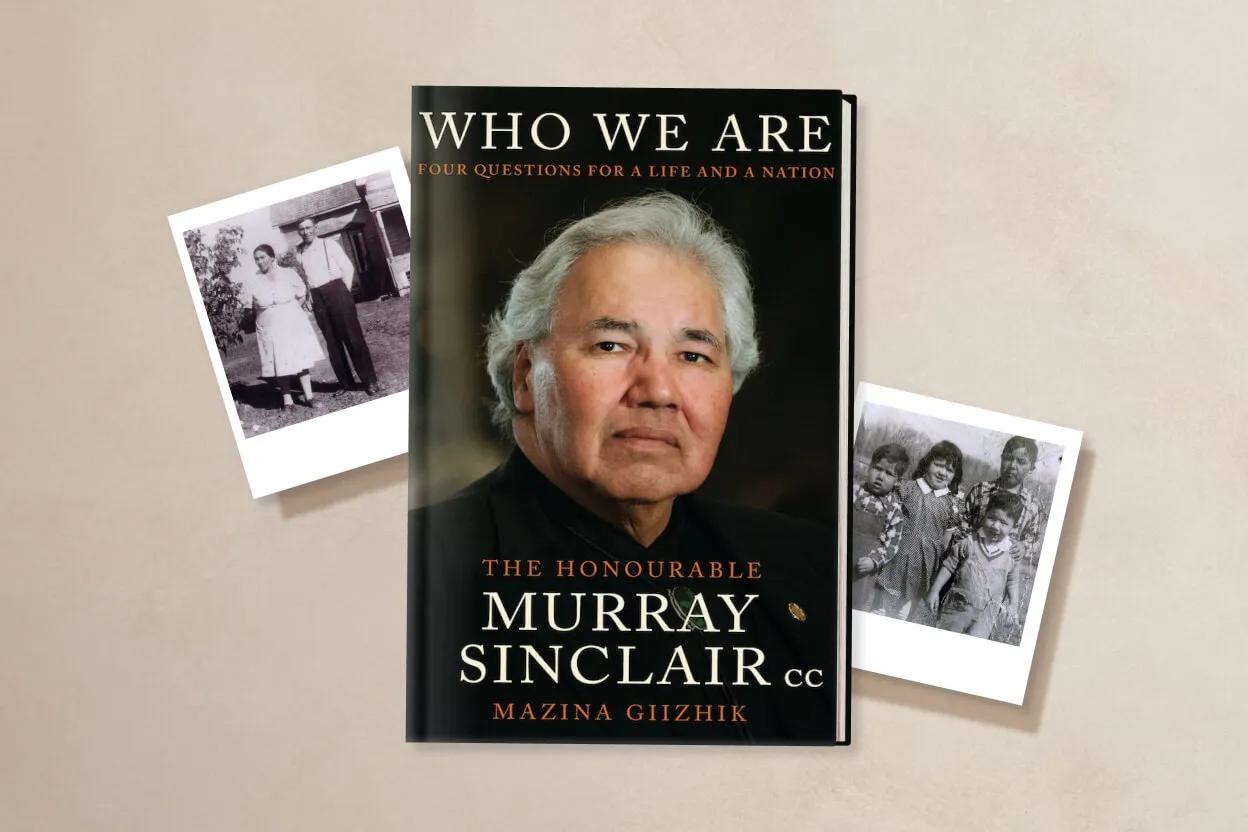
Exclusive Interview with Murray Sinclair
The judge, senator, activist, and author on reconciliation, Indigenous storytelling, and more.
Education is the key to reconciliation … changing the education system so that Indigenous and non-Indigenous children are taught that they are equal is critically important.
Murray Sinclair
You were inspired to write this book as a series of letters to your granddaughter, Sara. What was the first story you wanted to tell?
“I wanted to tell her about my family. She was born, and I had just had a stroke. And so I developed the thought that I might not live long enough to teach her anything about the family. So, I started off just telling her about my grandmother and my grandfather who raised me and the place where we were raised. From there, deeper stories began to emerge.”
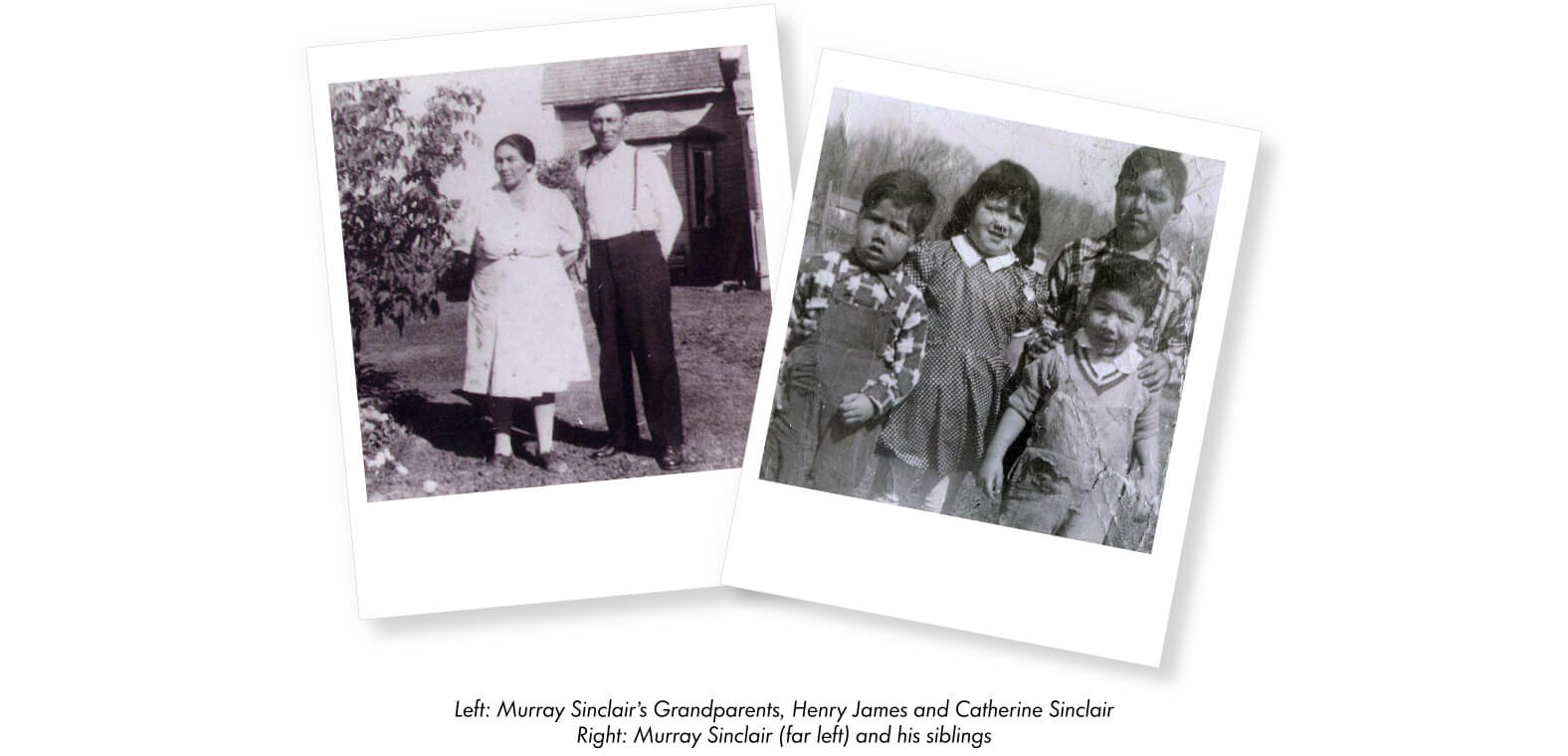
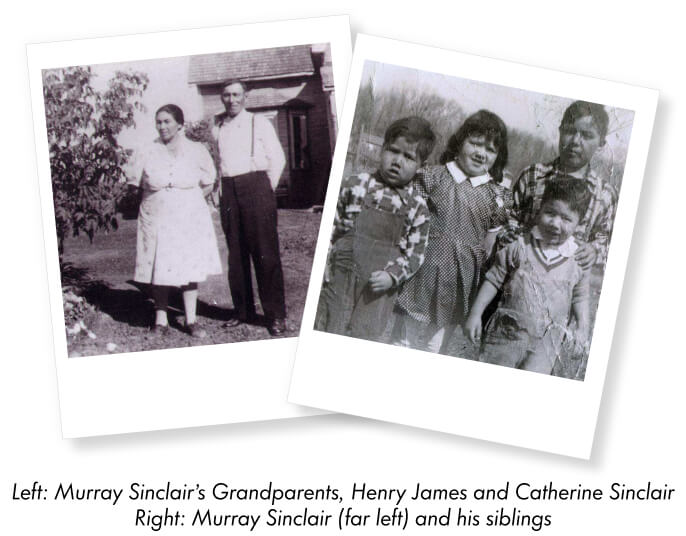
You’ve said that you think true reconciliation is two generations away. What is the single most important thing Canadians can do now?
“Education is the key to reconciliation. When you think about it, the historical abuse that took place was influenced by the non-Indigenous population. Indigenous kids were taught to be inferior; and the white kids were taught to be superior. And what was said in the [Truth and Reconciliation Commission of Canada Calls to Action] report, and what I truly believe, is that changing the education system so that Indigenous and non-Indigenous children are taught that they are equal is critically important.”
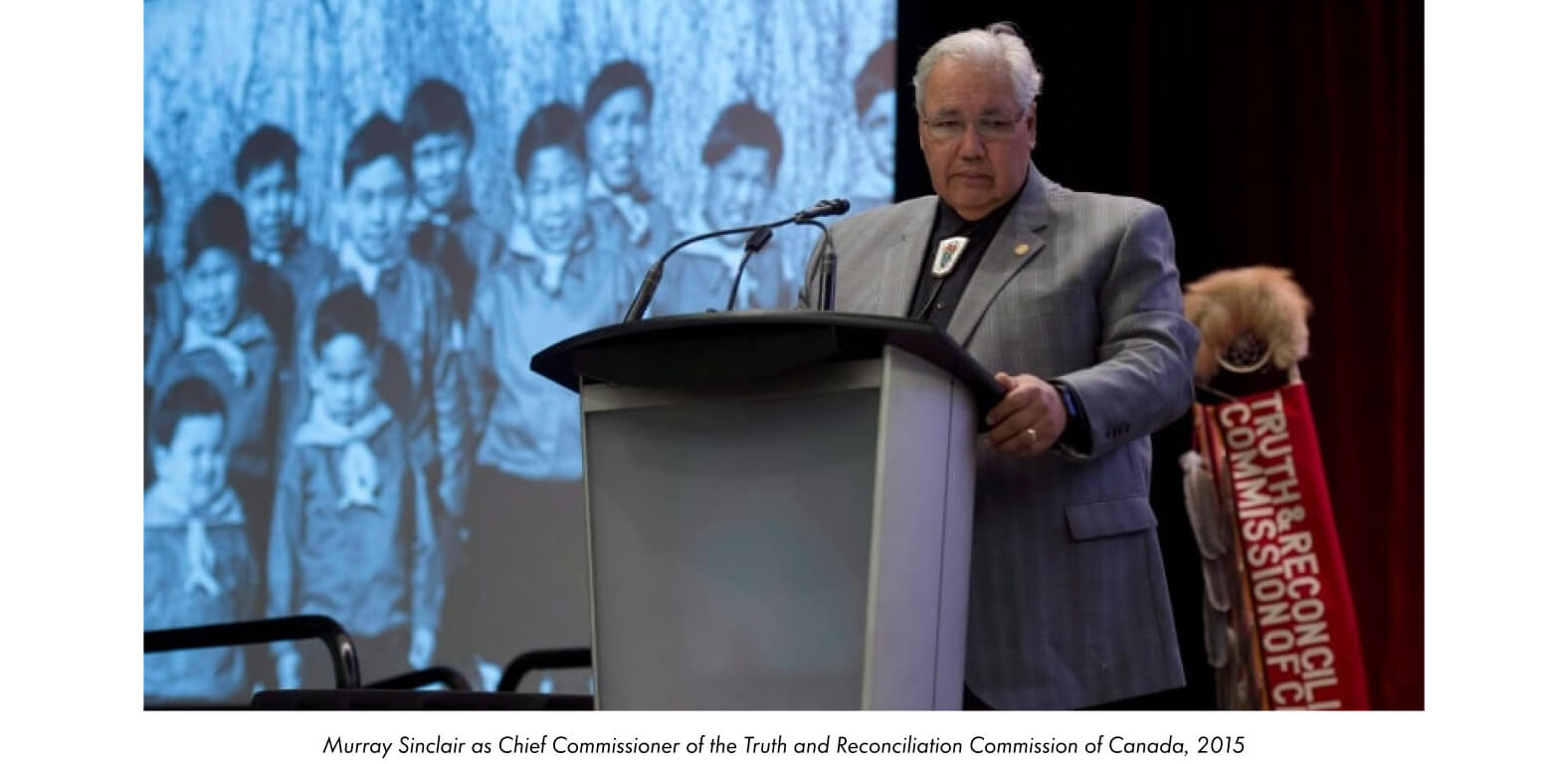
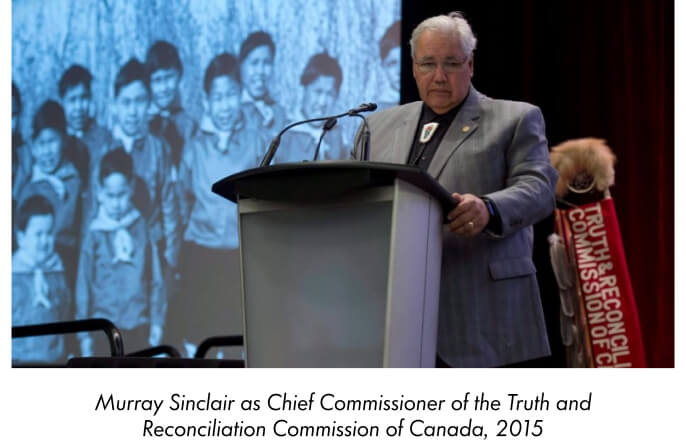
As Chair of Truth and Reconciliation Commission of Canada, how did you protect yourself while also holding space for Residential School survivors?
“Well, it was a challenge, and I knew the challenge would exist from the outset. We had a brief discussion among ourselves, as commissioners to always take care of our own mental health and social well-being and to ensure mental health supports existed for commissioners and survivors.”
Who are you in a few words or phrases?
“I am a kind man to all of those who cross my path. And I work to develop relationships and make sure that they work for everybody.”
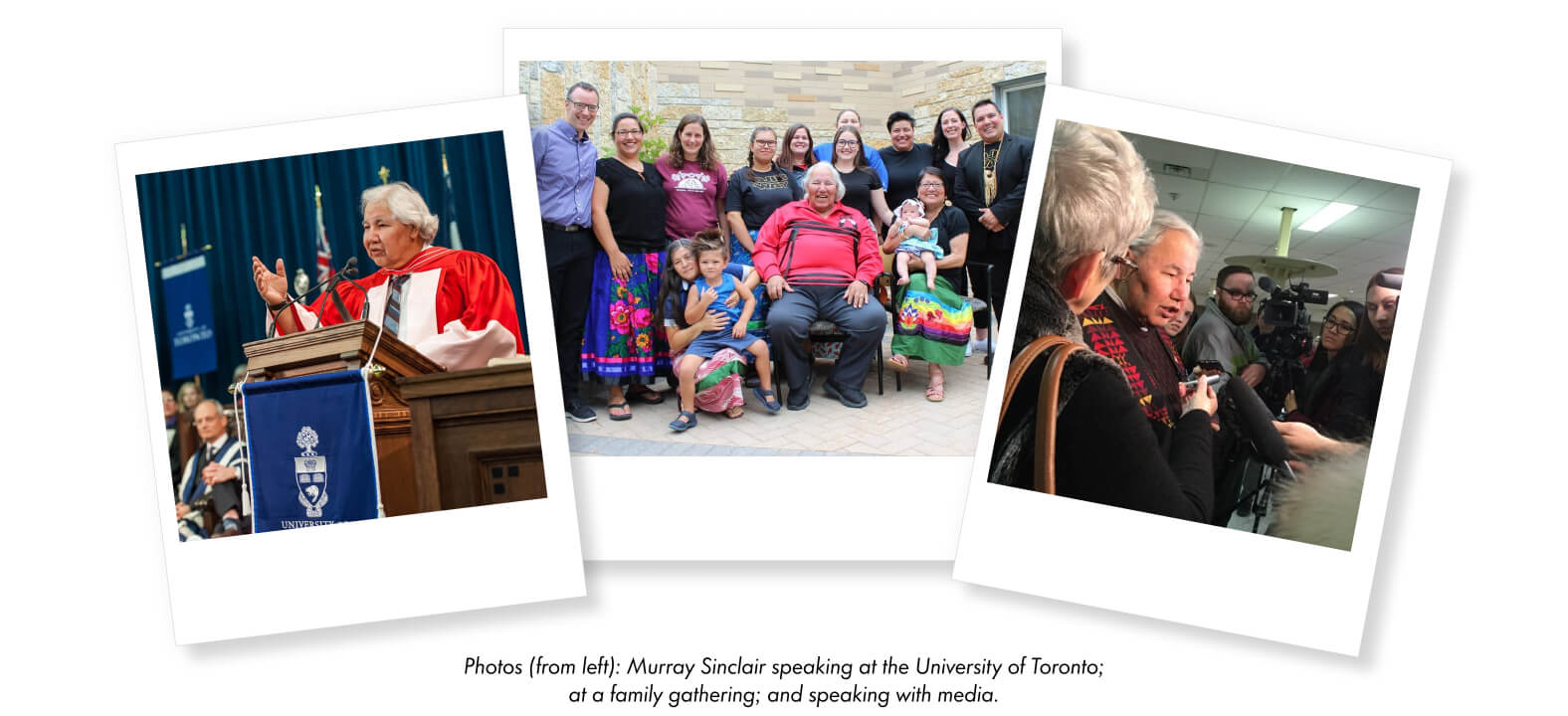
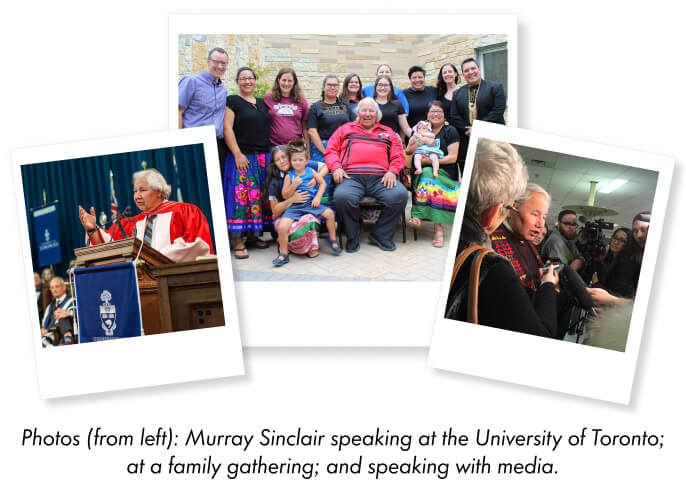
What does your Indigenous name mean?
“Mazina Giizhik, the literal translation of it is: the one who speaks with pictures in the sky. And that has to do with the story of a young man who goes out on the mountaintop to seek answers to his big life questions. So, he goes out and he asks his question to The Creator. And he gets frustrated because The Creator is not talking to him. And so, he is stamping his feet one day and a little vole pops up out of the ground and says, ‘Hey, brother. What are you doing here?’
“The young man says, ‘Well, it looks like The Creator is not answering me, and I’m getting frustrated.’ And the little vole says, ‘The Creator is already talking to you. Look at the message that’s in the clouds. Look at the sky. And look at the birds. Look at all those trees and those plants that are around you. Your answer lies among them.’ So, the young man begins to see that his name means that he has to speak of The Creation, and that in speaking about The Creation he’d probably be able to bring back the answers for the people.
“That’s what I strive to do, is to look for answers wherever I can see them.”
Recently Viewed
Select List
Sign in to start adding items to a list or to view your existing lists.












